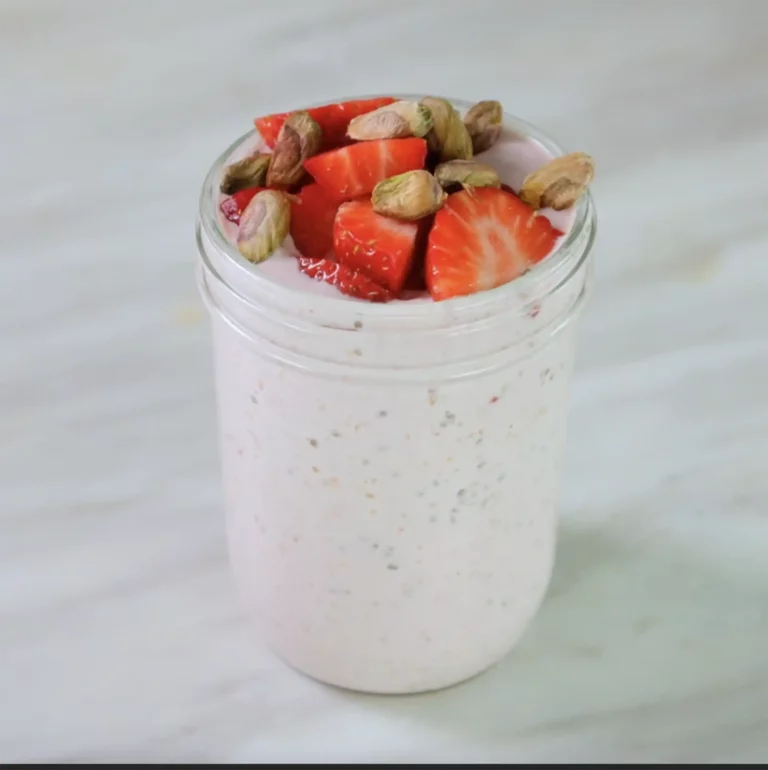If you’ve ever promised yourself a ‘cheat day’ after a week of strict eating, you’re not alone. It’s a common idea: be perfect Monday through Friday, then enjoy all your favorite foods on Saturday. But what if this popular approach is actually sabotaging your weight loss—and your relationship with food?
As a registered dietitian with over twenty years of experience helping clients lose weight and keep it off, I can tell you that the cheat day mentality often does more harm than good.
The Restrict–Binge Cycle
Cheat days set up a restrict–binge pattern that’s nearly impossible to escape. During the week, you’re highly restrictive—cutting out the foods you love and eating with rigid rules.
By the time your cheat day arrives, your body is low on energy, and your brain is hyper-focused on everything you’ve been avoiding. This combination often leads to overeating thousands of calories in one sitting. It’s not a lack of discipline—it’s biology responding to deprivation.
Research shows that excessive dietary restriction can heighten cravings and increase the likelihood of binge eating. When calories are severely limited, the hunger hormone ghrelin rises, while leptin—the hormone that signals fullness—drops. This hormonal imbalance drives you to eat more once food is available.
The Metabolic and Hormonal Impact
Large calorie surges from cheat days can create metabolic chaos. When you suddenly consume thousands of calories, insulin levels spike to manage the rapid influx of glucose. Chronic spikes in insulin are linked to increased fat storage and inflammation. Even though one cheat day won’t make you gain permanent fat overnight, it can delay fat loss for several days afterward.
Short-term overfeeding studies have shown that sudden increases in calorie intake may lead to insulin resistance and changes in glucose metabolism.
The Psychological Cost
Beyond the physiology, cheat days damage the way you think about food. Labeling foods as ‘good’ or ‘bad’ turns eating into a moral issue rather than a health choice. When people overeat on a cheat day, they often feel guilt and shame afterward—emotions that can lead to even more restriction the following week. This ‘on or off’ mindset disconnects you from your body’s hunger and fullness cues.
In fact, research on dietary restraint and disinhibition shows that people who categorize foods as forbidden are more likely to lose control around them. The result is a cycle of restriction, guilt, and bingeing that repeats endlessly. (Source: National Center for Biotechnology Information, ncbi.nlm.nih.gov)
A Better Way: The 80/20 Rule
The solution isn’t more willpower—it’s more flexibility. That’s where my 80/20 rule comes in. Instead of being perfect five or six days a week and indulging on one, you distribute that enjoyment evenly throughout your week.
- Eighty percent of your intake comes from nourishing, whole foods like lean proteins, fruits, vegetables, and whole grains.
- The other twenty percent includes your favorite treats—intentionally, without guilt.
This can be applied daily or weekly. For example, you might have a small dessert most days or plan for a dinner out once or twice a week. The key is planning. When you plan your 20%, it becomes part of your overall intake rather than a ‘mistake.’ This approach builds trust between you and your body, removes guilt, and makes weight management sustainable long-term.
How the 80/20 Rule Changes Everything
When you stop labeling foods as forbidden, you reduce the psychological pressure that fuels overeating. You also stabilize your hormones by maintaining a more consistent calorie intake throughout the week. Your energy improves, your cravings lessen, and your body learns to function in balance instead of extremes.
This method aligns with research on long-term weight maintenance, which highlights flexible eating approaches as the most successful for sustained results. (Source: Centers for Disease Control and Prevention, cdc.gov)
The Bottom Line
Cheat days might feel rewarding in the moment, but they often lead to guilt, inflammation, and setbacks. By shifting your mindset from restriction to balance with the 80/20 rule, you gain food freedom and consistent progress. You don’t need to ‘earn’ your favorite foods—they can fit into a healthy lifestyle every week.
So instead of waiting for Saturday to enjoy life, learn to incorporate balance daily. Plan your indulgences, stay consistent, and remember: it’s not about perfection—it’s about progress. Ditch the cheat days and start living the 80/20 way.
📞 Want personal guidance? Schedule your FREE 20-minute discovery call.





